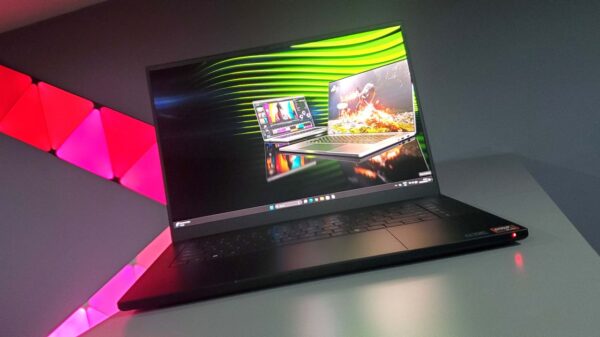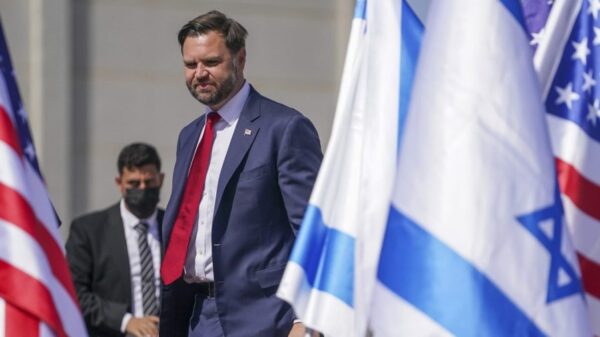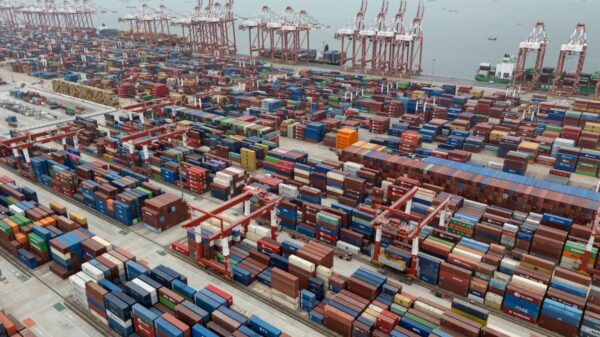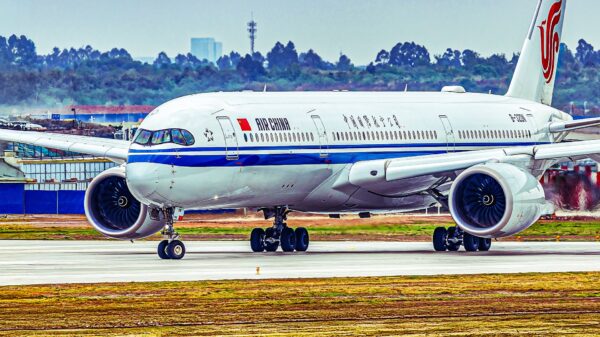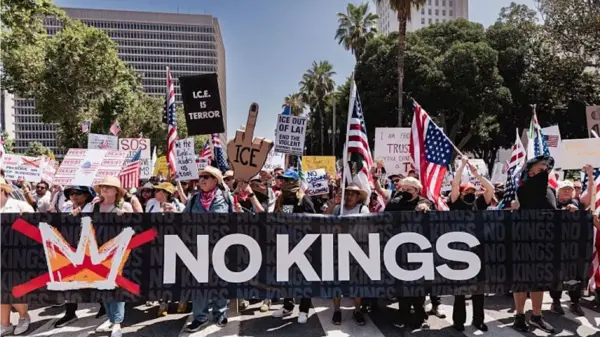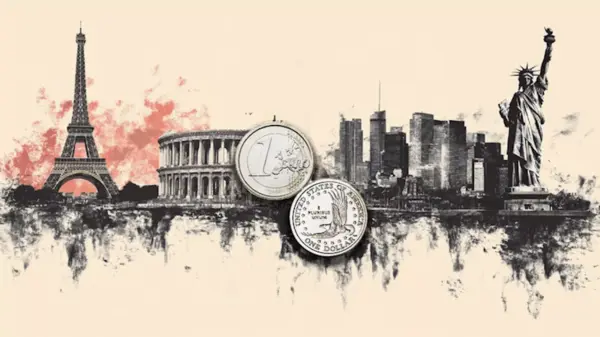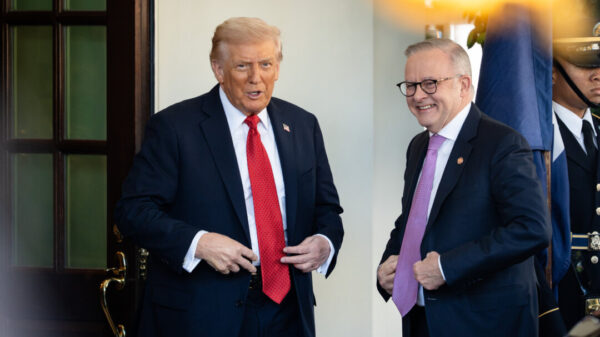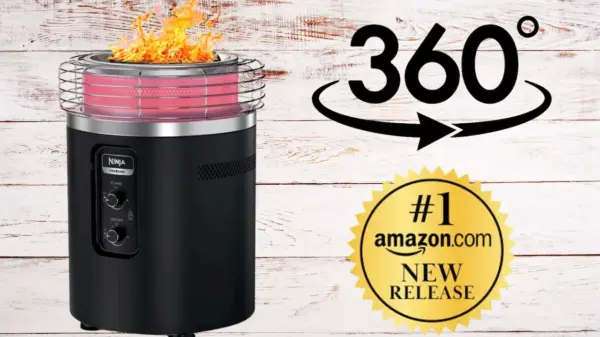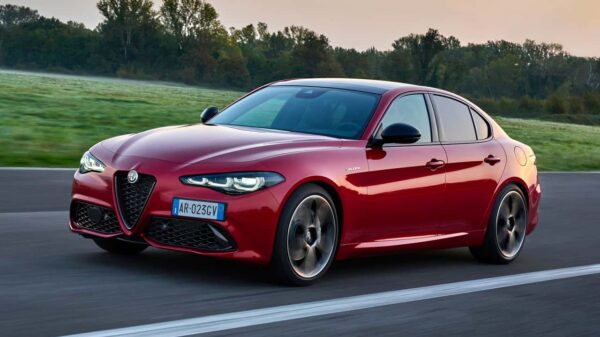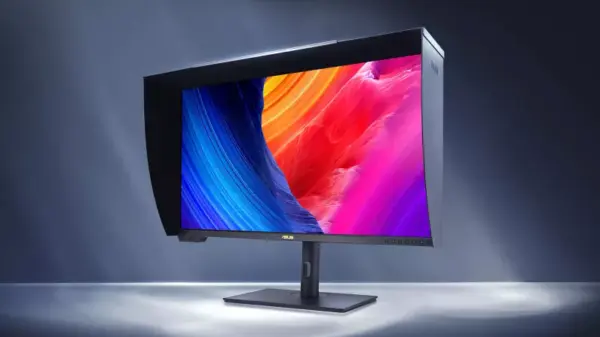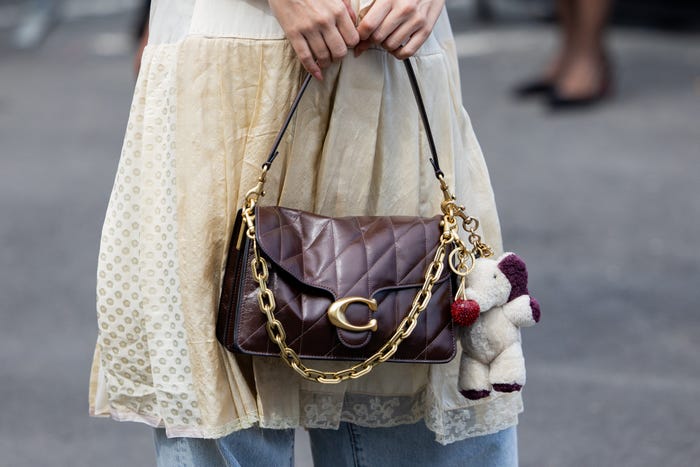UPDATE: Coach’s former CEO, Lew Frankfort, has made a shocking revelation: the best-value bags cannot be profitably produced in the United States. In a recent podcast with Yahoo Finance’s Opening Bid, Frankfort emphasized that to deliver top-quality products at competitive prices, brands must manufacture overseas.
Frankfort’s remarks come at a critical time as many companies are re-evaluating their manufacturing strategies amid ongoing tariff challenges from the Trump administration. “If you want to give consumers the best possible value, you really need to make most of your products outside the United States,” he stated, highlighting the need for skilled craftsmanship and premium materials.
This insight from Frankfort, who served as Coach’s CEO from 1985 to 2014, is significant as the luxury retail industry grapples with rising production costs. Despite tariffs, he believes the U.S. must reintegrate into the global economy to thrive. “The tariffs we see today are something we will live with through this administration, but over time, we can only succeed as a global economy,” he added.
Coach, established in 1941 as a leather bag shop in New York City, now produces the majority of its products in Asia. According to Tapestry, Coach’s parent company, the brand has reported $1.43 billion in sales for the latest quarter, reflecting a 14% increase from last year. Tapestry’s stock has soared approximately 158% in the past year, highlighting the brand’s resilience despite external pressures.
While some companies, like Apple, are committing to increase U.S. manufacturing with a pledge of $600 billion over the next four years, others remain skeptical. Kering, the parent company of Gucci and YSL, has indicated it will not shift production from Europe, citing the importance of heritage and craftsmanship. CEO François-Henri Pinault stated in February that moving production out of Europe “makes no sense,” emphasizing their commitment to Italian and French production.
As the luxury sector continues to navigate these turbulent times, Frankfort’s insights shed light on the broader implications for brands striving to balance quality, value, and profitability. With increasing pressure from tariffs and competition, the decision of where to manufacture could redefine the landscape of luxury retail.
Stay tuned for more updates on this developing story, as the implications for consumers and the luxury market are profound.



